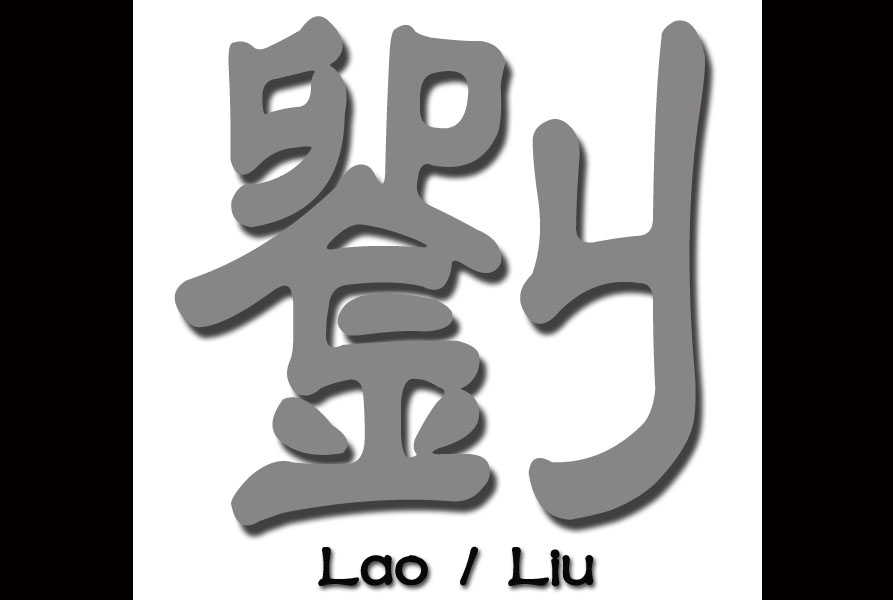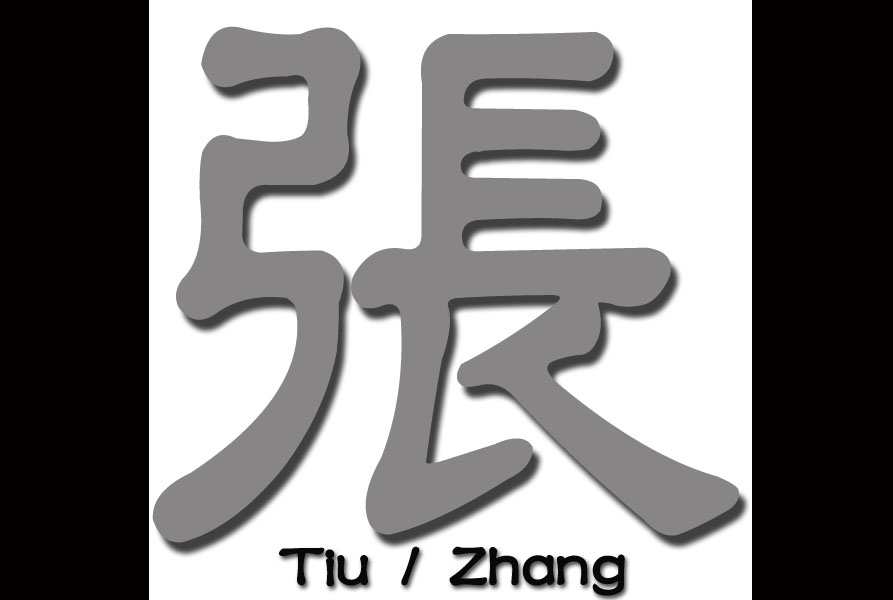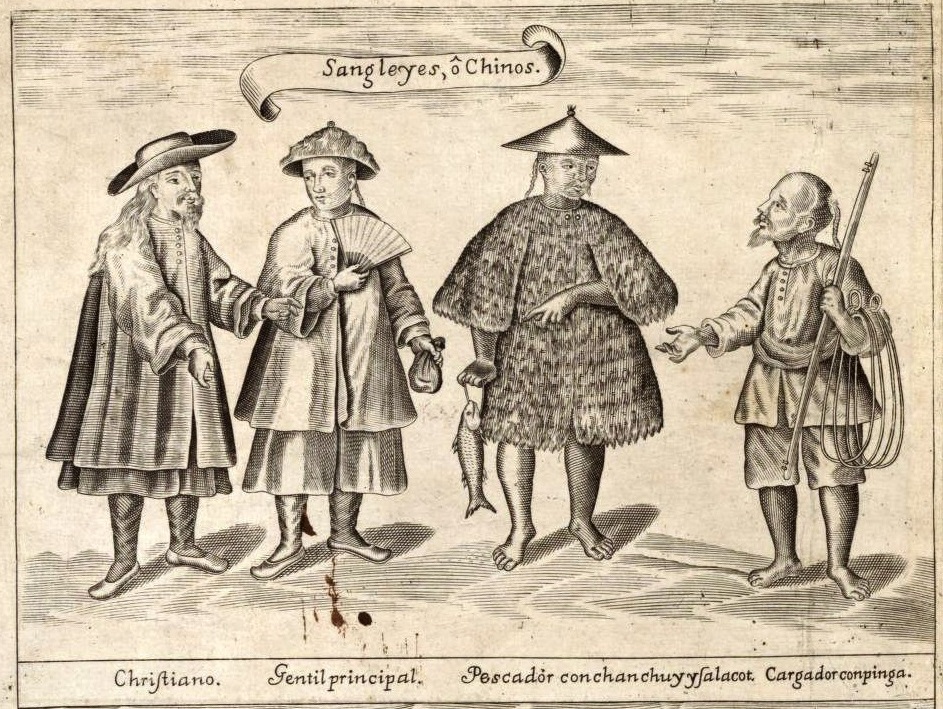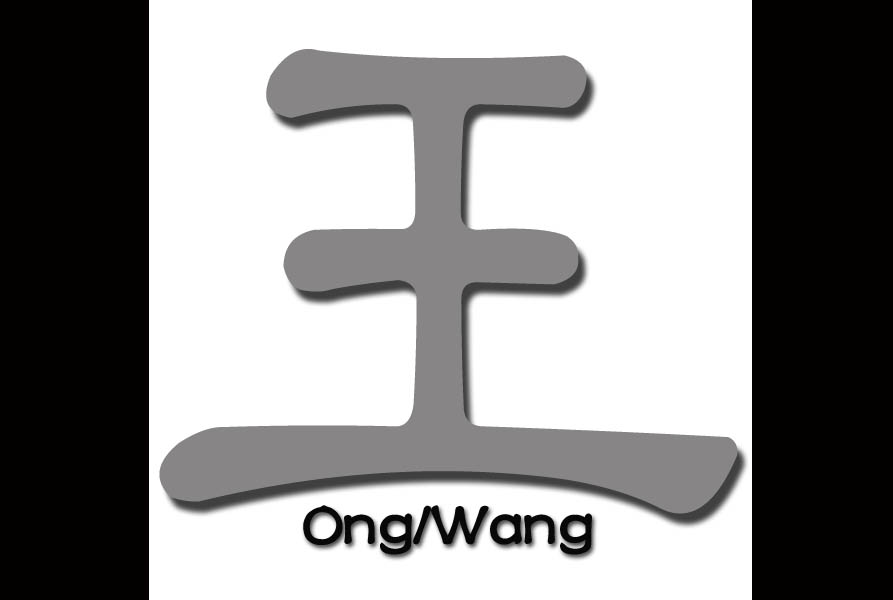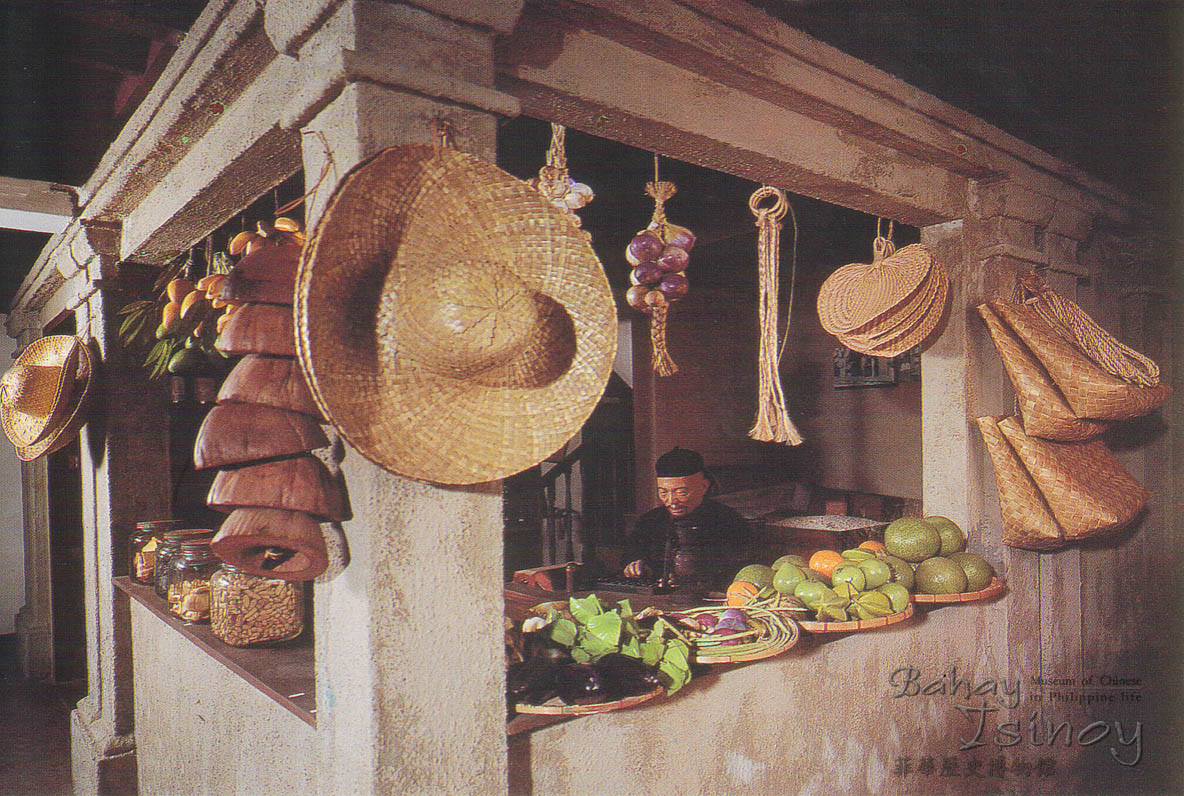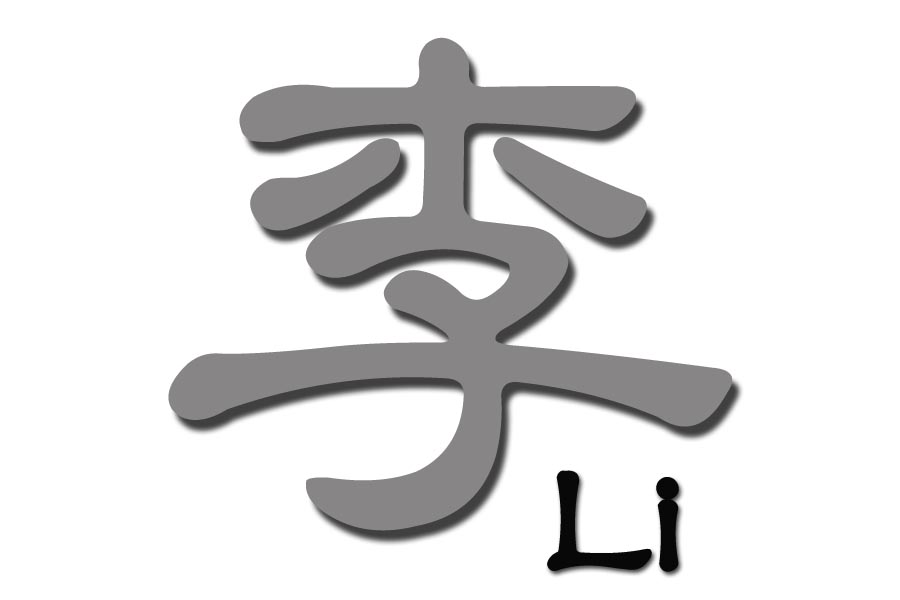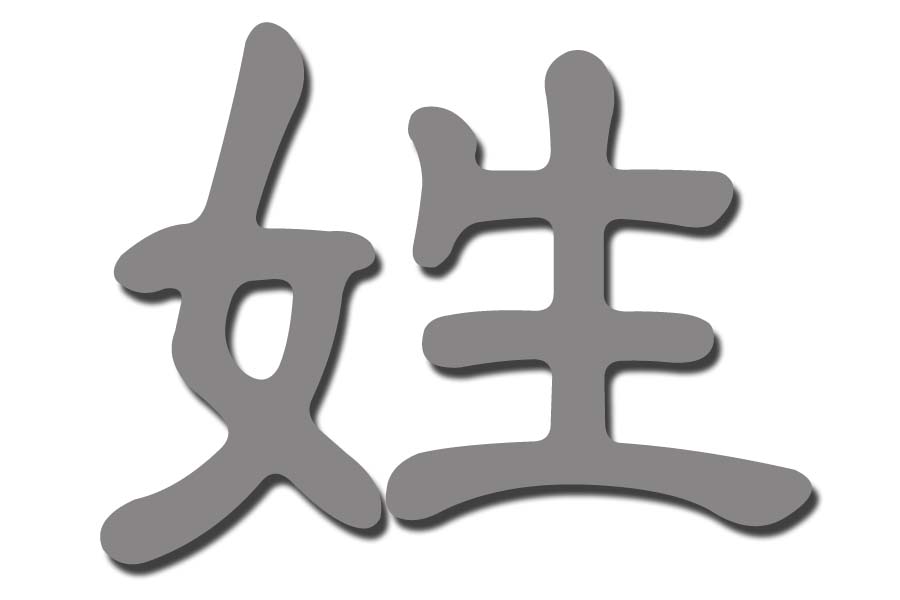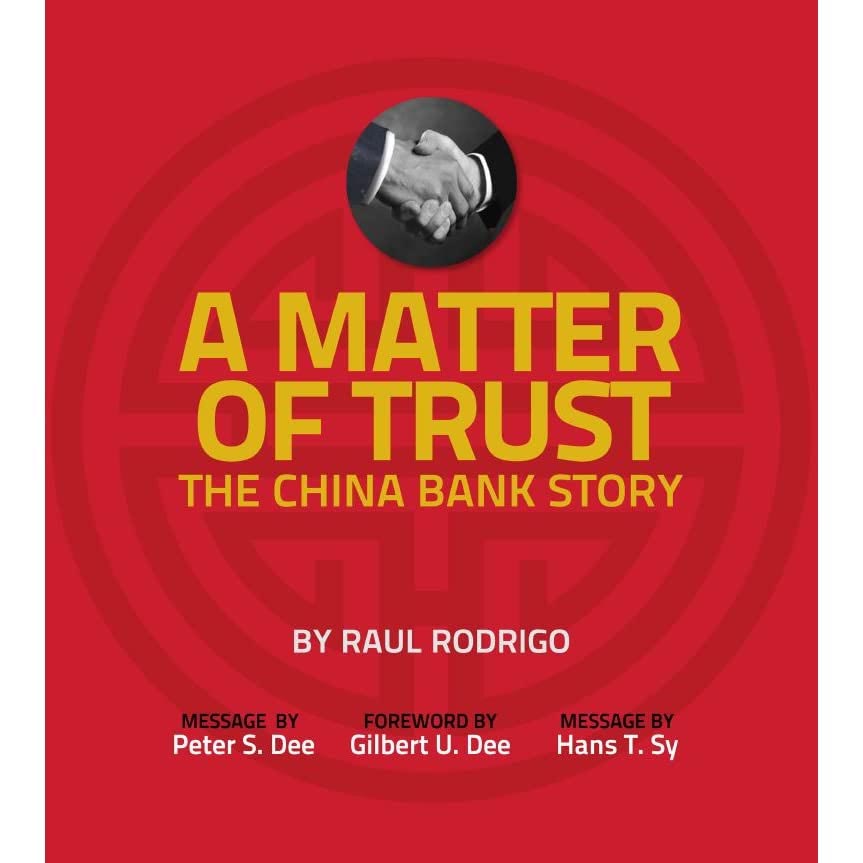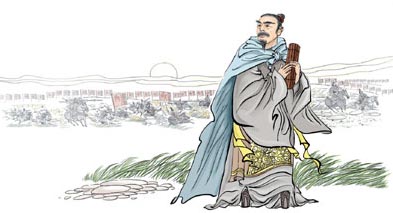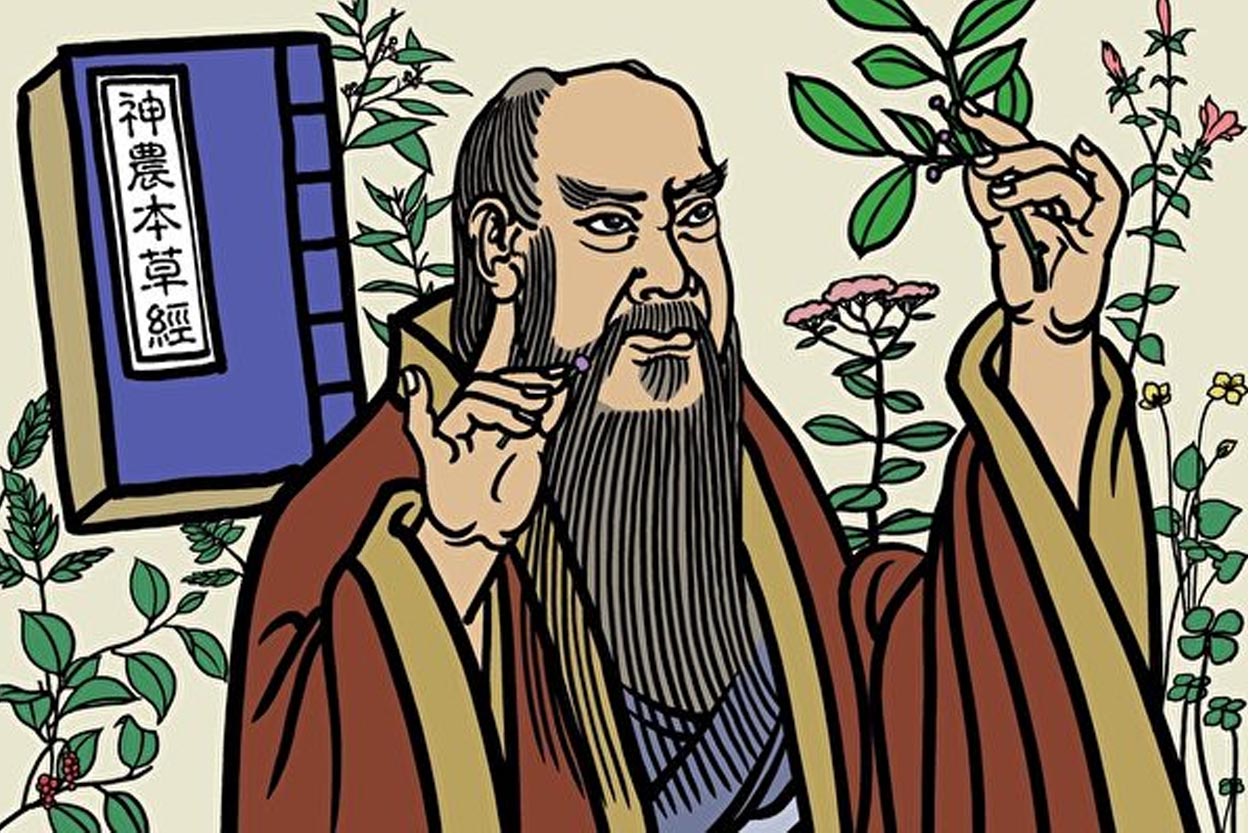With more than 65 million Chinese carrying this surname, 劉 (Lao in Hokkien, Liu in Mandarin) is certainly the fourth more populous family name in China. The origin of this surname has close links with the dragon. The earliest ancestor of the Laos was Liu Lei (劉累). He took care of the emperor’s dragons. Little […]
劉 Lao: the dragon raiser
